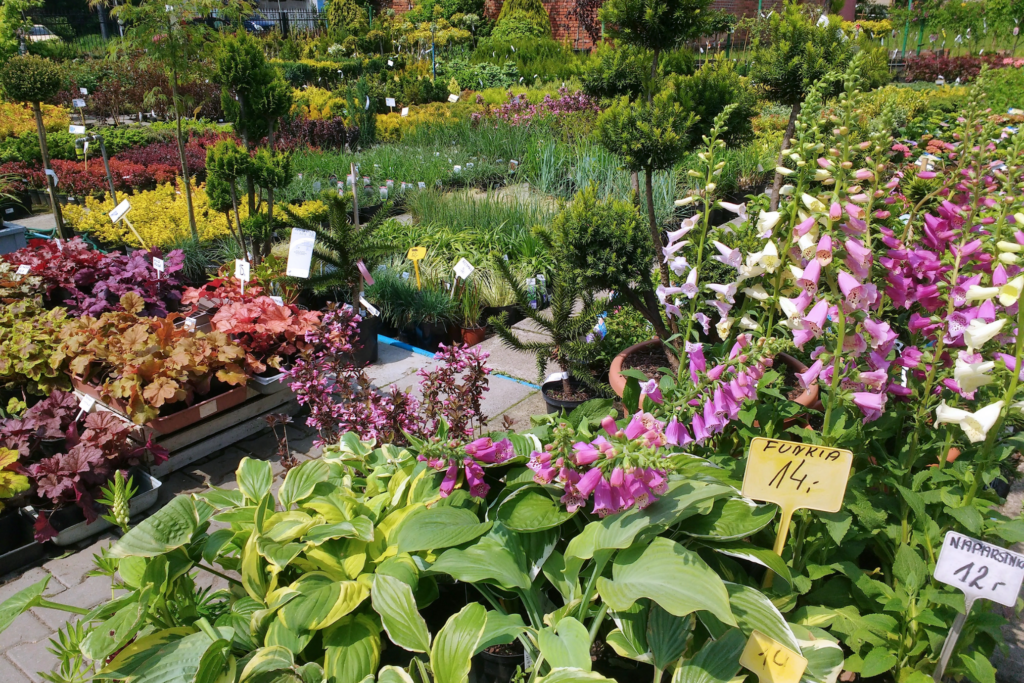
What Plants Should You Grow for Your Garden?
Are you looking to start a garden for yourself? You’ve decided to grow your own plants rather than spend money in a grocery store or the farmer’s market. That’s okay; you know what tools you need to start planting, but do you know which plants you want to grow? If not, let us recommend some good plants you’ll want to grow in your garden.
Greens and Leafy Vegetables
Greens and vegetables pack a lot of nutrients inside them: vitamins, minerals, and even phytochemicals. They grow in cooler temperatures, whether indoors or outdoors, making them ideal crops for spring and autumn.
- Arugula
Arugulas, or rockets as they are known, are a kind of vegetable that’s related to broccoli, kale, and cabbage. Arugula leaves give off a peppery and spicy taste when you bite them but become more bitter as they age over time. When it comes to their seeds, you can eat them either whole or pressed into an oil.
Arugulas are very nutritious plants. They’re full of antioxidants, which can protect and even reverse damage in your cells. They also have glucosinolates, which are natural substances that give arugula its bitter taste and strong smell. This can help protect you against certain cancers such as breast, prostate, lung, and colon cancers.
Arugulas are the best plants for your garden as they’re resilient and they grow well in any condition. They can be used for pizza toppings, pasta, salads, soups, sandwiches, omelets, and smoothies.
- Swiss Chard
Swiss Chard is a vegetable that’s been considered one of the most flexible plants. They can be grown at any time of the year, whether in boiling hot or freezing cold temperatures, and even indoors and outdoors. When chard is fully grown, it has leaves that look like spinach and stems that get confused for celery. Chards are nutritious in vitamins K, C, A, and magnesium. This is a great option if you want to lose weight and eat low calories, as they’re a good source of iron, copper, potassium, calcium, and vitamin E.
- Kale
A dark and leafy plant that you can eat either raw or cooked, Kale is a vegetable that is common for most meals everywhere. We’ve been eating kale since the time of the Romans, and it’s been eaten in most places on earth. It’s packed with vitamins and minerals guaranteed to give you good health if it’s a part of your diet. For this reason, Kale is simple to grow for any farmer. Hence, why we recommend you grow Kale.
- Lettuce
Lettuce is a low-maintenance crop that is ready to harvest in just one month. It can grow well at any time of the year, although it grows better in spring and autumn. Lettuce can be grown indoors or outdoors through growing lights or the sun. No matter the condition, lettuce is bound to grow.
Fruiting Crops
When you decide to grow crops that bear fruit, ensure they have enough light to grow and have a bigger yield. Don’t forget to make sure they get pollinated by bees, butterflies, and other types of pollinators to grow yields. Last but not least, make sure the fruits have enough space to grow.
- Cucumber
These are long and lean vegetables you can grow for your garden. Cucumber is a popular fruit; despite being called a vegetable. They’re also related to watermelons and pumpkins due to being in the same family. Growing cucumbers for your garden brings with them a bunch of benefits. Cucumbers come with a lot of water and a fiber boost that helps you avoid constipation.
- Green Beans
When it comes to growing green beans, there are two types that you can grow: pole or bush. Pole beans grow longer like vines and produce more beans than bush beans. Bush beans, on the other hand, don’t grow as much as pole beans, and they produce fewer beans.
- Peppers
Peppers are the plants where various spices come from, depending on how spicy they are, ranging from Mild to Hot. If you’re the type who loves eating spicy food or setting your tongue on fire, then growing peppers is a good idea. Just make sure that these plants get a lot of sunlight.
- Tomatoes
Tomatoes are versatile vegetables with a lot of nutrients. Inside them, they carry vitamin c and other antioxidants which benefit your body. Tomatoes can help prevent cancer, maintain blood pressure, and support heart health. It’s a no-brainer that you should grow these in your garden if you want a rich and nutritious vegetable.
Herbs
Herbs are used for a variety of reasons, from medical to culinary. Most herbs grow in a small size, making this a great choice for those trying to farm in an urban setting where you don’t have enough space.
- Basil
Basil is a flavorful herb that is used in various dishes and comes in different varieties. It’s a common ingredient for drinking tea and is also used as medicine. It’s rich in vitamin k, calcium, and a long list of antioxidants.
- Mint
Mint is a herb that is used in toothpaste, tea, gum, candy, and beauty products. It’s a nice plant to grow for your urban garden, as its usefulness is common when you stroll through a store.
- Parsley
Parsley is commonly found in dishes that require some herbal seasoning to get a better taste. The herb is nutritious in vitamins A, C, and K, which is nice for vegans and people wanting to lose weight.
Conclusion
No matter which plants you choose to grow in your garden, always make sure that what you’re growing has some benefits for you. To help you turn your small backyard farm into a garden, Sirwiss is here to help you connect with gardening services to create the kind of garden you want your crops to grow in. Head to Sirwiss.ae and create the garden of your dreams today.